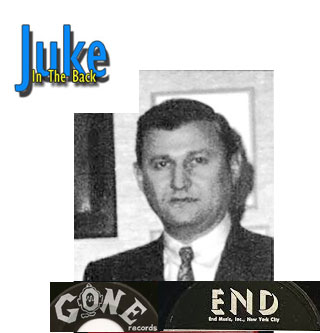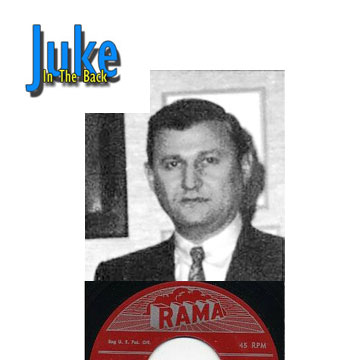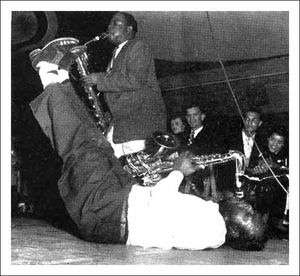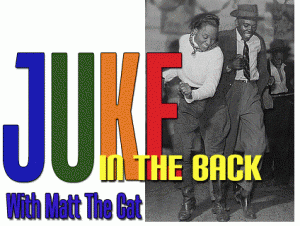Air Week: January 26-February 1, 2026
George Goldner, Pt. 3 – Gone & End Records
It’s part 3 of our 3 part series on record man, George Goldner. He is said to have had the “golden ear” for hit records and songwriter Jerry Leiber even complimented his talent for picking hit songs by saying that Goldner had, “the musical taste of a fourteen-year-old-girl.” Born to Jewish immigrants in 1919, Goldner’s first love was Latino dance music and he began his career by opening night clubs and starting Tico Records, a Latino label in 1948. By 1953, he was interested in Rhythm & Blues and began releasing records under the Rama subsidiary. In early 1954, he set up Gee Records and scored a huge hit in early ’56 with The Teenagers, “Why Do Fools Fall In Love.” By mid-’57, due to his gambling debts, Goldner sold Tico, Rama and Gee to alleged mobster Morris Levy. This week, we will take a close look at Goldner’s last R&B labels that he would run independently: Gone & End Records. Both new labels did well with Gone scoring hits with NY vocal group, the Dubs and Goldner-arranged instrumental “7-11 (Mambo No. 5)” by the Gone All Stars featuring Buddy Lucas on tenor sax. End soon followed with million-sellers from The Chantels, The Imperials and The Flamingos. Both labels proved that Goldner still had the magic ear for picking the music teenagers wanted to hear and buy, but eventually both labels would face the same fate as Goldner’s early record companies. You’ll get the full story of Gone and End Records and the finale of George Goldner on this week’s “Juke In The Back.”
LISTEN BELOW
Podcast: Play in new window | Download





